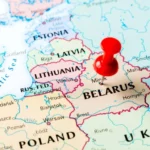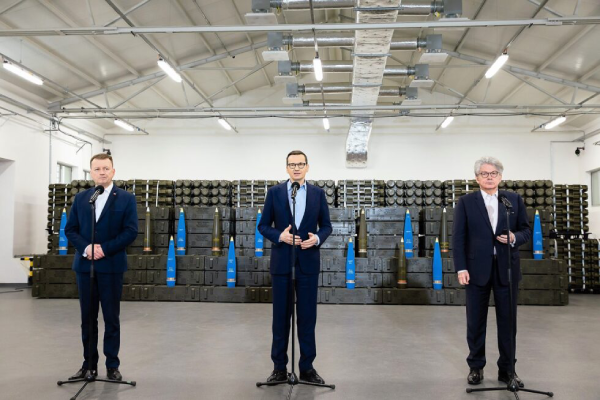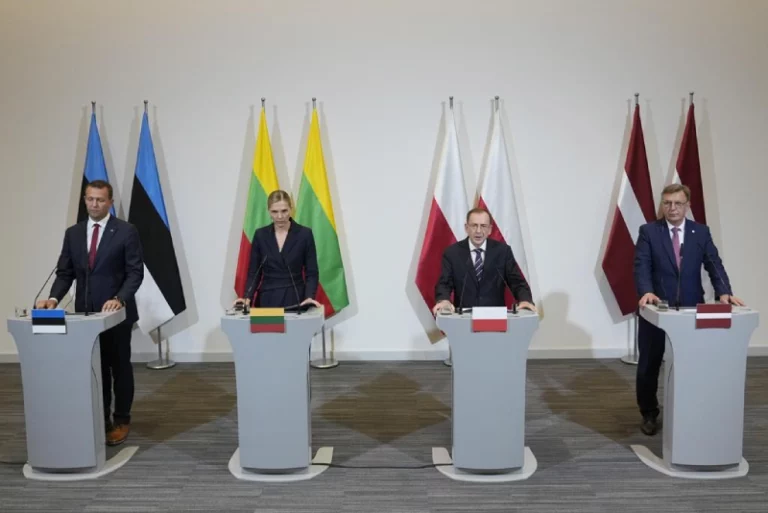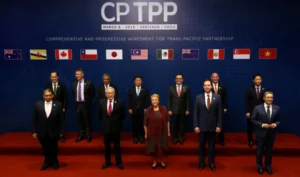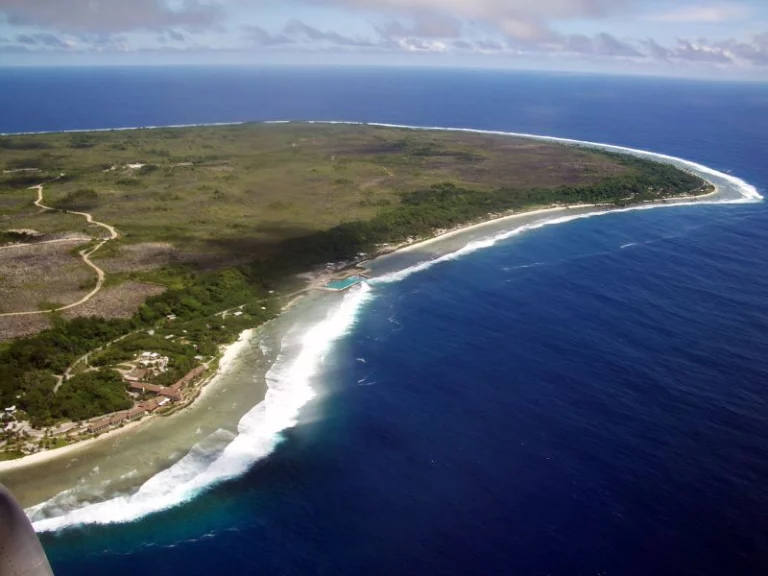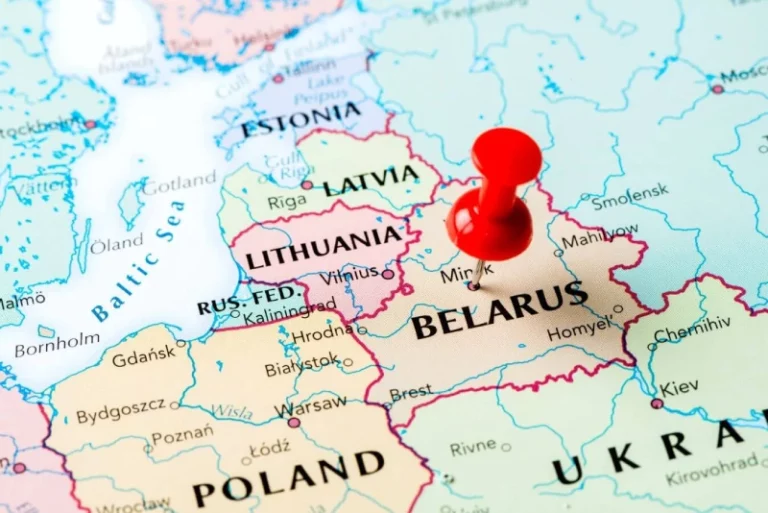Poland’s announcement of a €427 million investment in ammunition production has significant implications for the country’s economy and national security.
The program, which encourages state and private enterprises to invest in ammunition production, aims to address growing demand due to the ongoing conflict in Ukraine. Prime Minister Mateusz Morawiecki cited the need to respond to the quantities of ammunition being used in the conflict, which are many times greater than those available to most NATO countries.
The investment will be allocated through the Polish Development Fund (PFR), a state-owned financial group that will help ammunition plants increase or start production by creating business plans. This move follows Poland’s successful sale of 60 Polish-made 155-mm Krab self-propelled howitzers to Ukraine in a record deal last year, as well as the handover of 18 of them as part of military aid a month earlier.
Poland’s efforts to increase ammunition production have received backing from the European Union (EU). During EU Internal Market Commissioner Thierry Breton’s recent visit to Poland, Morawiecki announced that Poland would receive the most funds from the European Peace Facility (EPF) for the purchase of ammunition and military equipment. EU countries and Norway have also pledged to transfer some of the ammunition purchased under the program to Ukraine.
Poland’s increasing defense spending and production efforts have been driven by growing fears of Russia. After Moscow’s full-scale invasion of Ukraine, Warsaw increased its defense budget to 3% of GDP, one of the highest levels in NATO, and has pledged to raise it to 4% this year.
In addition to national security concerns, the investment in ammunition production has significant economic implications. The program is expected to create new jobs and generate revenue for both state and private enterprises involved in ammunition production.
The investment also underscores Poland’s growing role as a regional leader in defense and security. By increasing ammunition production and working closely with NATO and EU allies, Poland is positioning itself as a critical player in the region’s security landscape.
However, the investment in ammunition production also highlights the potential risks and challenges associated with an over-reliance on the defense industry. As with any industry, there is always the risk of market fluctuations and unforeseen challenges that could impact revenue and job growth.
Furthermore, there is the risk that an overemphasis on defense spending could come at the expense of investment in other critical areas, such as education, healthcare, and infrastructure. It is crucial for Poland to strike a balance between its defense needs and other societal priorities to ensure sustainable economic growth and development.
Poland’s €427 million investment in ammunition production has significant implications for the country’s economy and national security. The investment will create jobs and generate revenue for state and private enterprises involved in ammunition production, while also positioning Poland as a regional leader in defense and security. However, it is crucial for Poland to strike a balance between its defense needs and other societal priorities to ensure sustainable economic growth and development.





